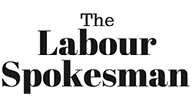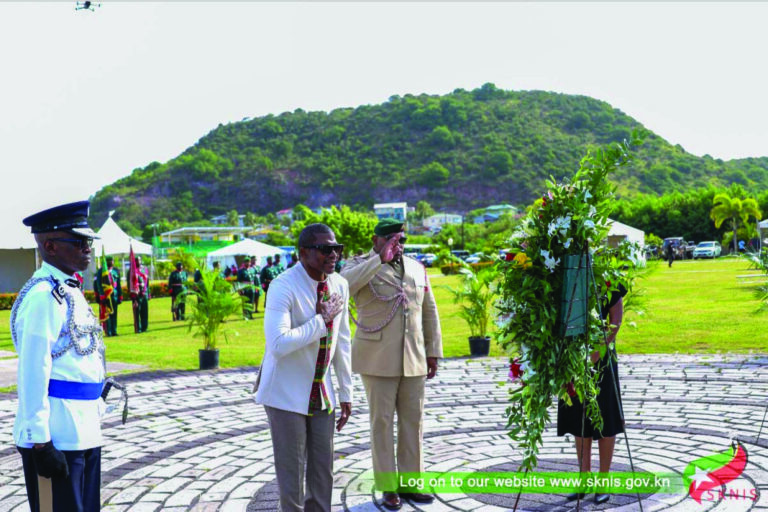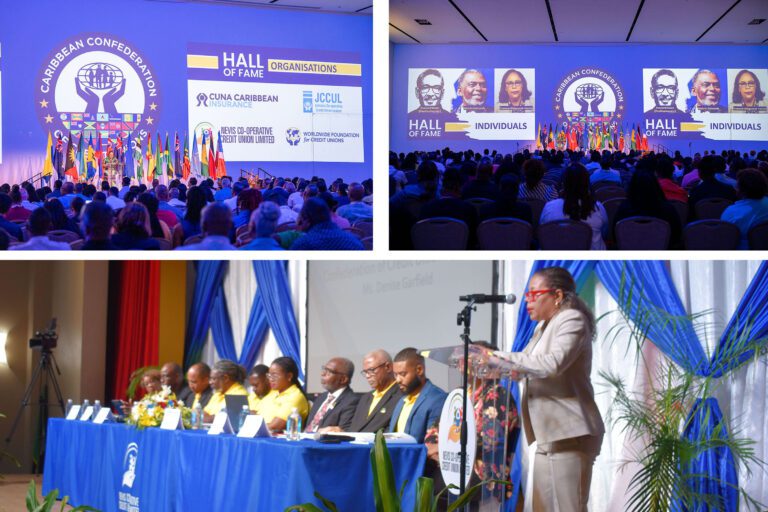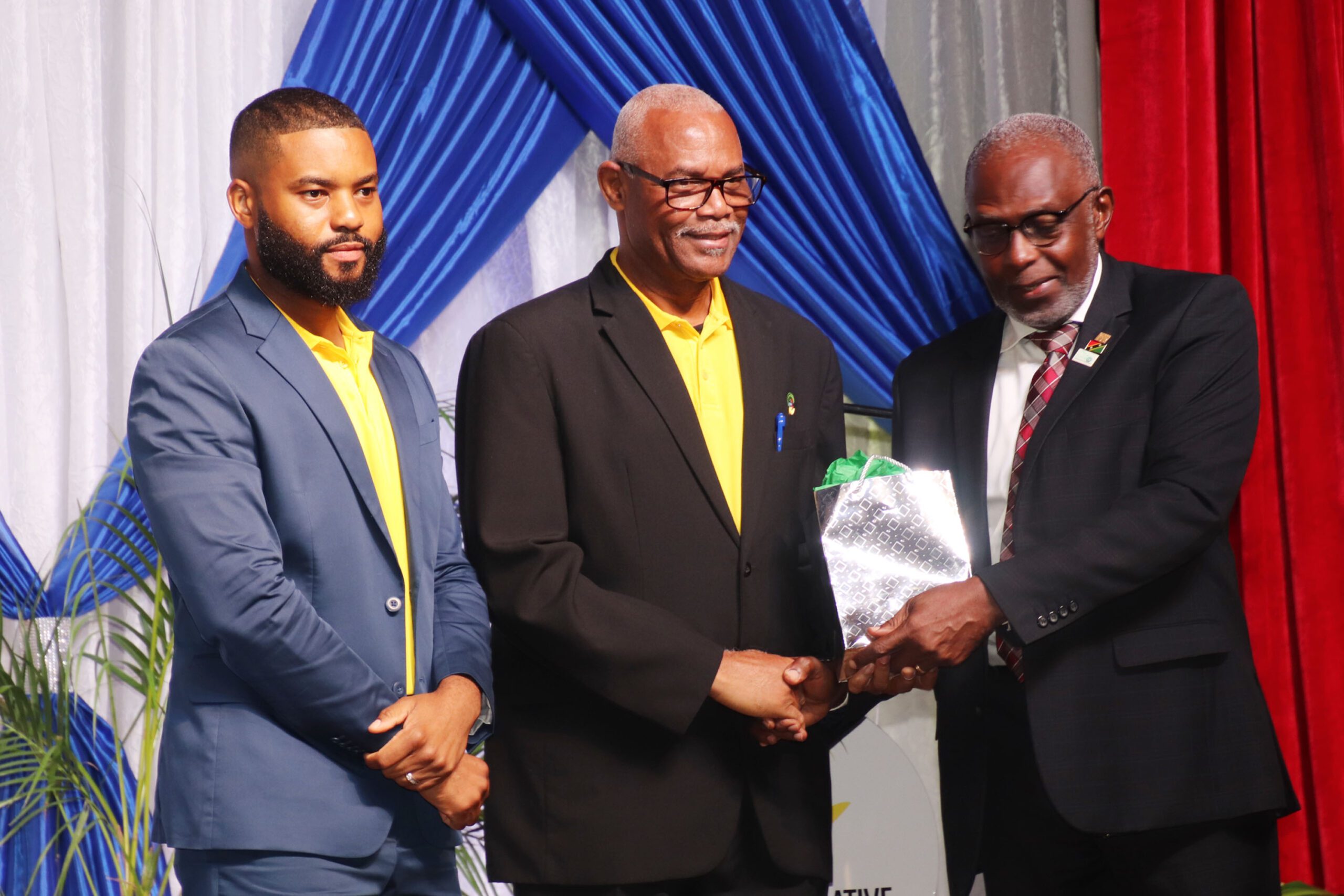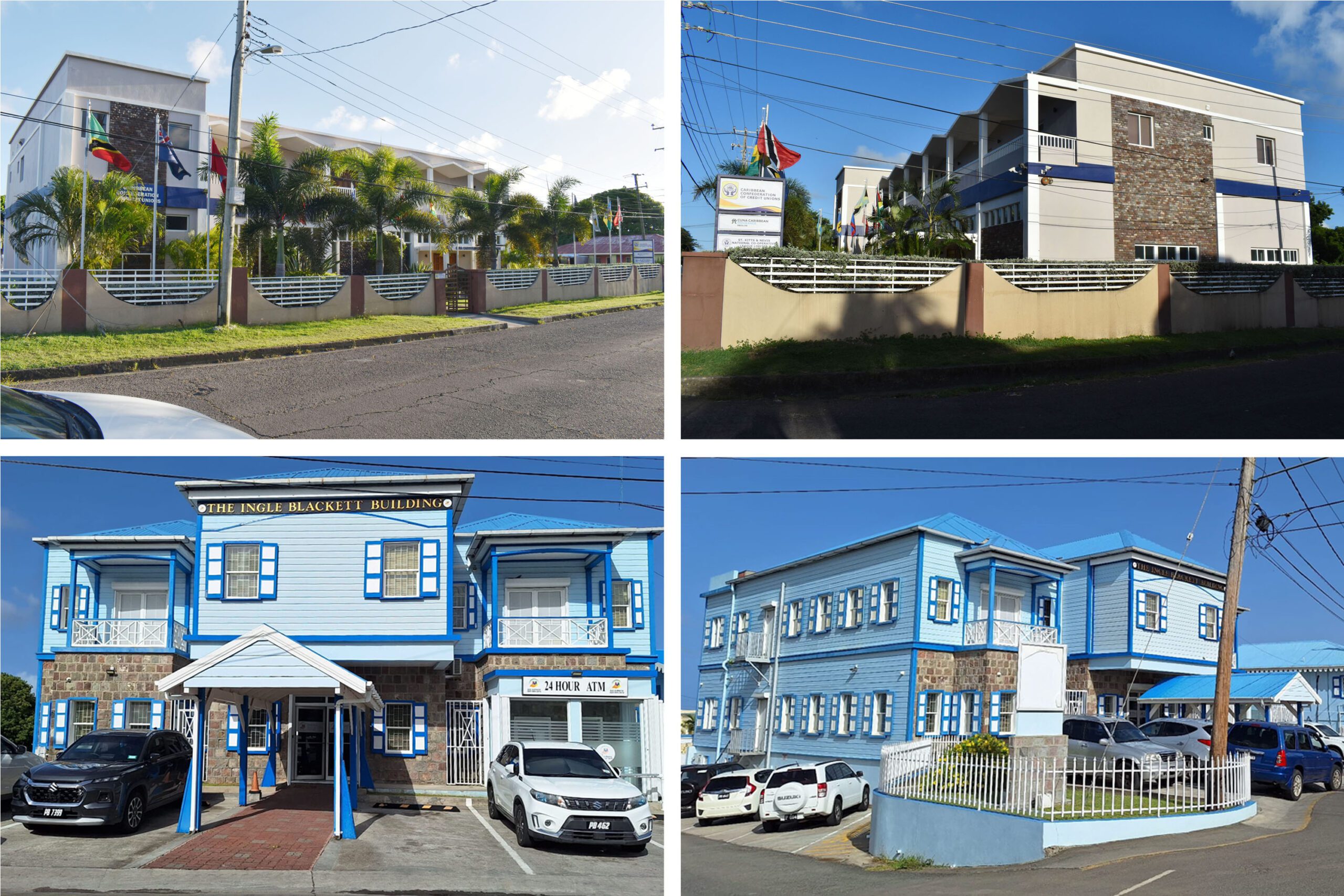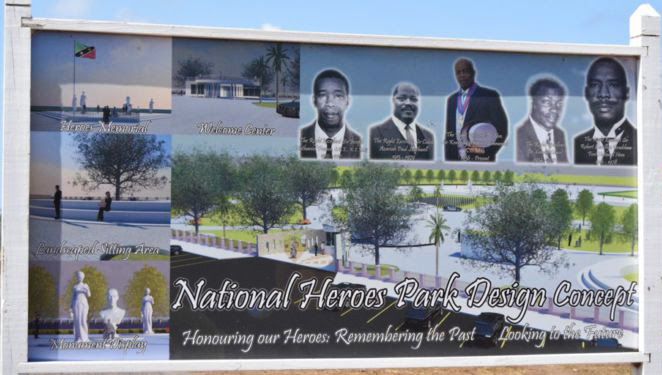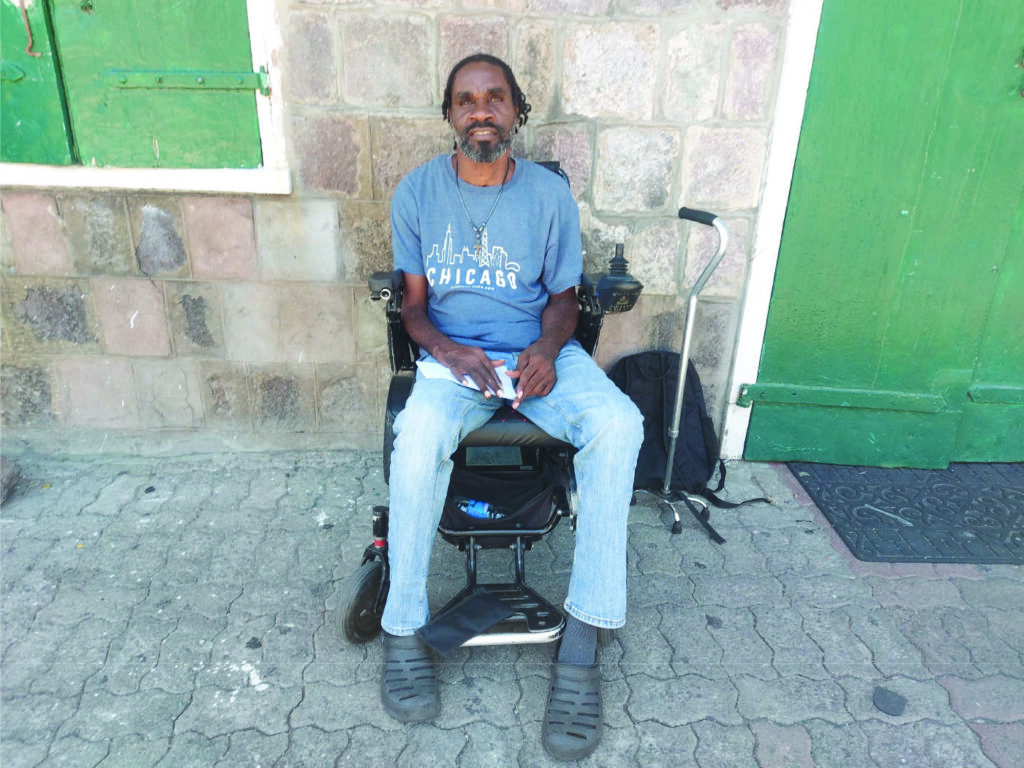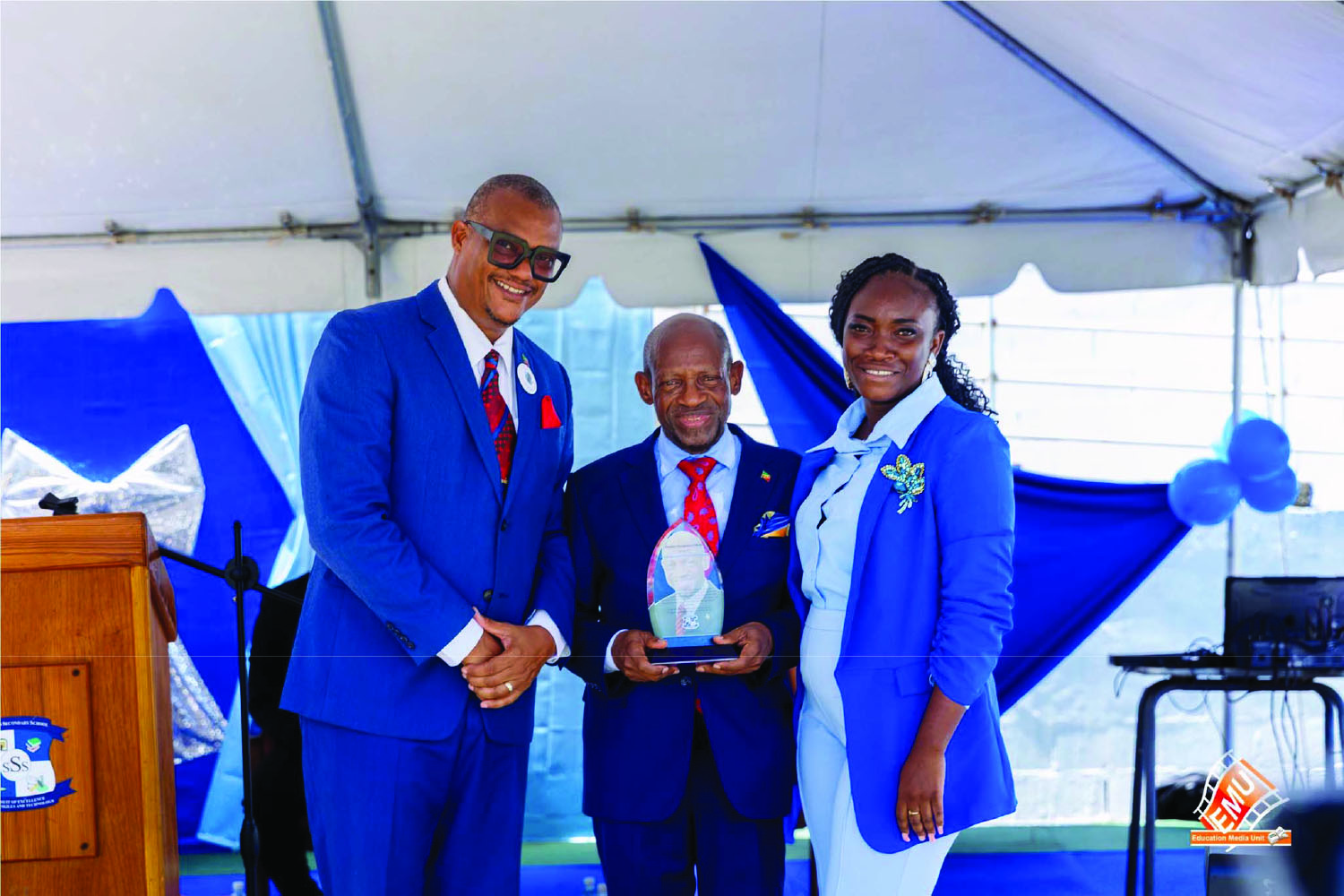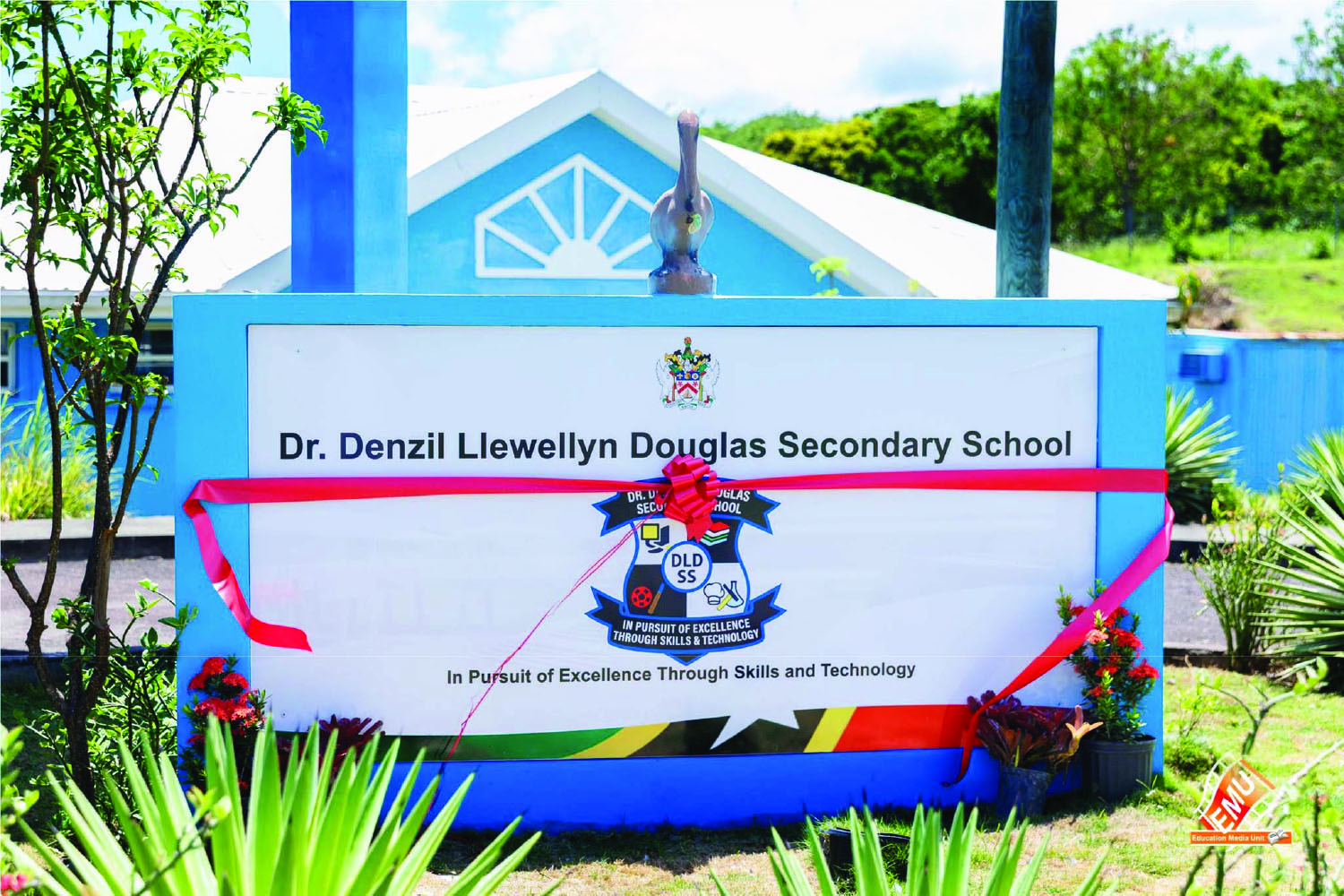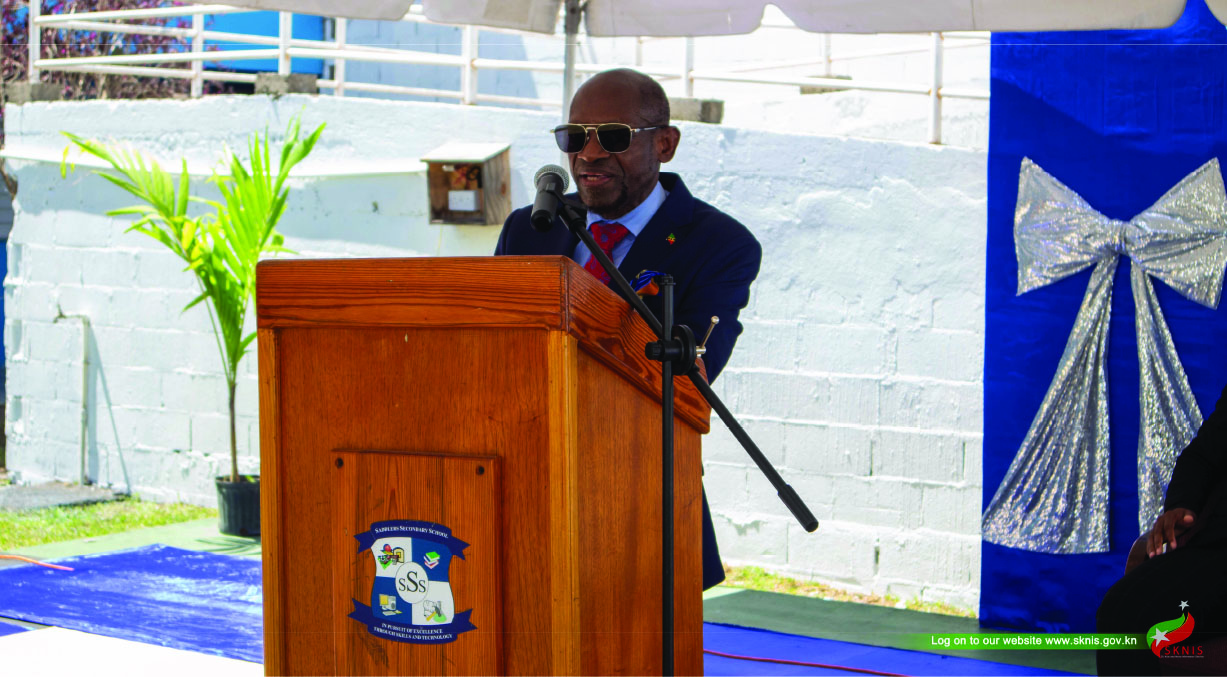By: Precious Mills
BASSETERRE, St.Kitts (Wednesday 17th September 2025)-“The realization that we needed trade unions, and not just trade unions, strong trade unions,” was described as a significant outcome of the sugar estate workers riot of the 1935 Buckley’s Uprising, according to well-known educator and media personality Toni Frederick-Armstrong.
She made the remarks during the ‘Legacy of the Nation’ event put on by the St. Christopher National Trust’s ‘Legacy of the Nation’ event, held on National Heroes Day -Tuesday 16th September 2025-at the National Heroes Park in Conaree as part of the Independence 42 Calendar of Events.
“Probably- in my mind -one of the most, if not the most, significant recommendation of the Moyne Commission was the realization that we needed trade unions, and not just trade unions, strong trade unions. So, they recommended that trade unions be legalized, recognized and strengthened to the point where they even recommended that leaders be sent overseas to learn about negotiating skills and that sort of thing. They understood that had unions been there, you were less likely to have these spontaneous outbursts and this unrest that really, because of its spontaneity, didn’t really have a plan. But if you had a structure in place that could allow for the grievances to be addressed, you could avoid the disorder and you could actually get things done.”
Taking the audience back to 1935, Frederick-Armstrong, who is a former Director of Visitor Experience at the St. Christopher National Trust and Museum Director at the St. Christopher National Trust, described the Buckley’s riot as one of the turning points in our history.
She added: “What happened there in 1935 was not just a local disturbance, it was a turning point in the history of St. Kitts-Nevis, and at the same time Anguilla and indeed the Caribbean. It is a story about struggle, courage and change.”
Frederick-Armstrong noted that although the Workers’ League under Thomas Manchester had been advocating for improved conditions, the violence was not on their agenda.
“The leaders were sympathetic, and they actually provided a means for some of the more visible protesters to get away, to Statia, Saba, St. Barts, and they assisted others with legal representation in the trials that followed. They also realized that the frustration which had caused the outburst had to find a vent, an escape through more structured and disciplined protest. So Thomas Manchester’s solution eventually-because the changes didn’t happen right away- was the formation of a union. So once unions were legally recognized in St. Kitts and Nevis, he asked his cousin Edgar Challenger to set up a union, which as you know, became the St. Kitts and Nevis Trades and Labour Union, and that was founded in 1940.”
As gathered, while the workers did not immediately see higher wages or better conditions, the events set in motion wider reforms.
Britain, Frederick-Armstrong explained, responded by establishing the 1938 Moyne Commission of Inquiry headed by a man named Lord Moyne, which-to their credit- included trade unionists and labour representatives and acknowledged the need for systemic change.
“They stopped short of saying, let’s give everybody the right to vote without any qualifications or prerequisites but they recognized that that’s where they needed to go and they recommended that the qualifications to vote be gradually reduced. What was happening at that time is in order to vote, you had to have a certain amount of property and land and so on, which immediately locked out the working classes because they didn’t have what you needed to be able to vote.”
She pointed out that such was “one of the major recommendations” recognizing that the people needed to have a say.”
On the point about the legalization of trade unions, Frederick-Armstrong added: “For the first time, the black working class in St. Kitts and Nevis and Anguilla, had a legal collective voice. And those unions fought for higher wages, better hours, safer conditions, and they continued the push for universal adult suffrage. They continued the push to get rid of all the requirements to vote. So as long as you’re an adult, you could vote. And that was part of the legacy of the unions, and they continued to push for that.”
Additionally, she emphasized that the rise of trade unions also laid the foundation for organized political life in St.Kitts and Nevis and the Caribbean.
“Political parties grew out of the trade unions or grew up alongside the trade unions. The trade unions’ base provided support and supporters of the political parties and so on. And then when you were looking for leaders to be in the political parties, you said, well, ‘What about that guy Bradshaw, we believe in him. We trust him. We trust Mr. [Joseph N.] France. These are guys that we should be putting to run for us in elections’. And through that and through Britain making the necessary constitutional changes gradually to increase the number of elected representatives in government, we began to see our own gradually taking control, taking the reins of power in local government.”
“And by 1938, both West Indians and the British government knew that the old colonial system had to give way to more representation,” Frederick-Armstrong continued.
“The protests of the 1930s, including the Buckley’s Uprising, told the same story-that Crown colony government had failed. It failed to connect to the people. It failed to relieve distress. It failed to prevent disorder. The people of the Caribbean were no longer satisfied to let the moneyed classes speak on their behalf. For the first time, the working classes themselves were demanding recognition. It was a sociological watershed, a point of no return. Out of that unrest, trade unions and political parties were born, pushing the colonies towards more and more self-government. And eventually, after a bold but unfortunately failed experiment to federate the colonies into one, each moved to independence by themselves, one at a time-with St. Kitts and Nevis being the last, and even today, a couple are still to do so.”
The Buckley’s Uprising, she highlighted, was not just about a few days of unrest but “the moment when ordinary men and women, armed with nothing but their voices and their determination, forced the authorities to take notice. And from that point forward, the path was set. The lives of future generations, our lives, were forever changed by the courage of those sugar workers in 1935.”
“The workers who stood up at Buckley’s were not fighting for glory. They were fighting to feed their families. They were fighting to live with dignity. And their actions remind us that ordinary people standing together can change the course of history. From their hardship was born hope, and from their struggle came those first steps toward freedom. And the spark that struck at Buckley’s, lit a flame of justice and dignity; a flame that still burns in the story of St. Kitts and Nevis today.”
